
When we think of laws and regulations, food never really comes to mind, to be honest.
Plus, if it did, we’d assume a level of uniformity across countries with what’s allowed and what’s not.
So it may surprise you to know that many everyday items of food that you enjoy eating here in the UK are, in fact, banned in some places abroad.
Diferent countries have their own international regulations, meaning food that is perfectly legal in the UK are considered contraband elsewhere.
1. Chewing gum

First up on the list is chewing gum in Singapore.
You may already know this one, if you’ve visited the country, as there’s strict hygiene laws in place for this type of thing.
Unlike in the UK, where chewing gum is a common sight, the sale, import and manufacture of chewing gum – including bubble gum and dental gum – has been banned in Singapore since 1992.
The ban was partially lifted in 2004, but only for theapeutic gum – requiring a prescription by a doctor or dentist.
All in the name of public cleanliness (and as victims of stepping on gum, as well as having it thrown in our hair during gigs, yay), we can kind of get on board with this one.
Stale breath? Pop a Polo in your mouth, mate.
2. Kinder Surprise eggs
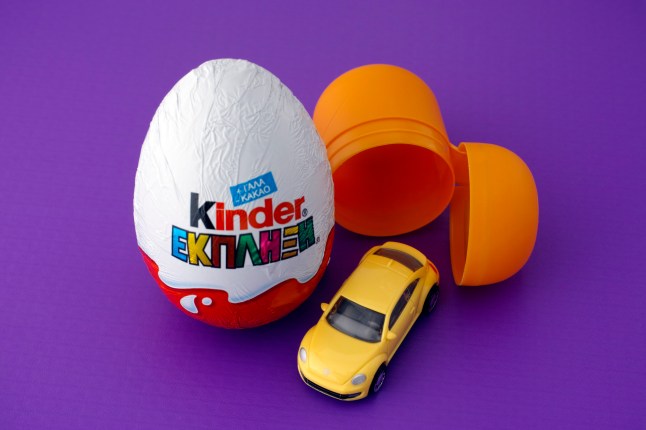
Yep, that’s right – Kinder Surprise eggs are illegal in America, as the Federal Food, Drug, and Cosmetic Act of 1938 prohibits any non-food items embedded within food products, making the toys inside Kinder Surprise eggs a no-go.
While these chocolate shells and toy-filled interiors are a childhood (and adult) delight in the UK, attempts to smuggle these eggs into the USA can result in hefty fines.
We’re not going to throw our hat in the ring for presidency or anything, but it does seem odd that by 2021, there were 2,590 gun-related deaths among children under the age of 18 and yet a chocolate treat is illegal.
3. Unpasteurised milk or ‘raw milk’

We’ve all seen that episode of Schitt’s Creek, where Alexis accidentally purchases gallons of raw milk, only for her, Johnny and Roland to get caught by the police.
Well, while raw milk is only restricted in some US states, in Australia and Canada, it’s banned entirely.
Both countries have stringent laws against the sale of raw milk due to health concerns related to bacterial contamination – but, in contrast, unpasteurised milk can be legally purchased in certain parts of the UK, as long as the producers are registered.
It’s even available from vending machines on some farms.
4. Marmite
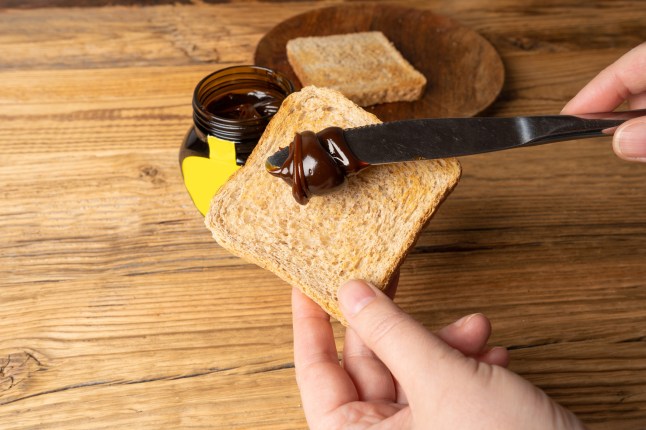
They say you either love it or hate it – but it seems as though Danes don’t really have a choice, as Marmite is banned in Denmark.
Well, to be specific, the spread itself isn’t officially banned, but the addition of vitamins, minerals and other substances must be approved by the Danish Veterinary and Food Administration before the product is allowed to be marketed in Denmark.
No such application has been made for Marmite, meaning you won’t find any jars in the supermarket on your next shop, we’re afraid.
Owing to the yeast extract being at odds with a 2004 law, which restricts food products fortified with vitamins, you cannot get the divisive sandwich spread in this Scandinavian country.
While all these other illegal items might put some people out, we’re guessing at least half the Danish population are fine with this one.
5. Samosas
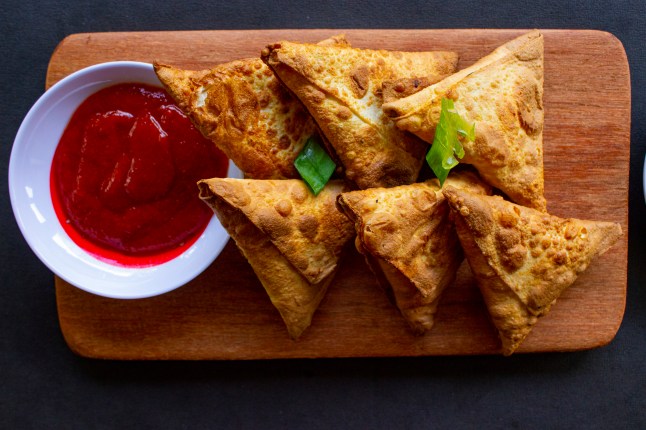
Imagine getting your takeaway curry on a Friday night and not having the pleasure of ordering a samosa or two along with it.
Well, in Somalia, the popular savoury pastries are illegal. They were banned in 2011 by the al-Shabaab militant group, who claim that the triangular shape of the samosa resembled the Christian Holy Trinity.
Poppadoms as your side or starter it is then.
6. Mountain Dew
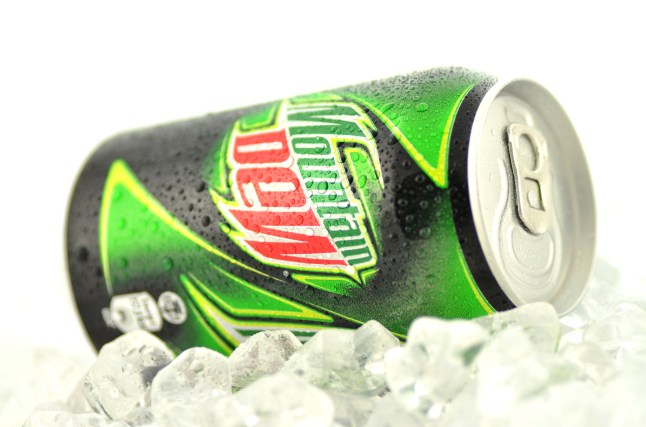
Due to containing brominated vegetable oil (BVO), Mountain Dew was banned in Japan as of March 2023.
The green fizzy drink contains bromine, a natural element that can be harmful to humans in large quantities – and BVO has also been banned in various parts of Europe. Even California banned it in its food, in October 2023, as part of the California Food Safety Act.
However, any foreigner would see the British Mountain Dew as ‘a bit off’, as the UK version follows a different recipe, featuring ingredients that are all legal in the country.
7. Ketchup
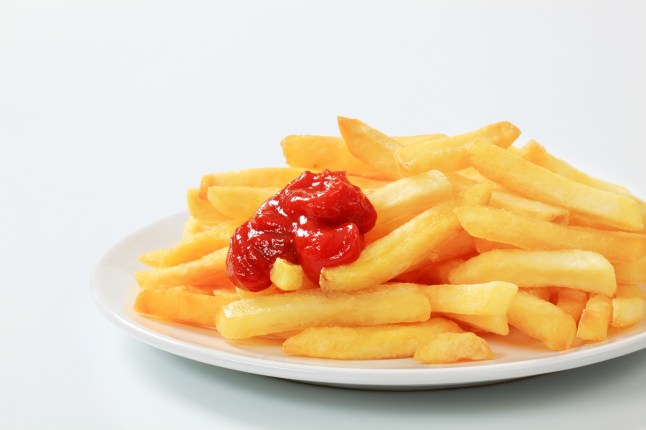
Are you shocked to read that ketchup is illegal in France?
More Trending
Okay, it’s not banned from the whole country – just from school cafeterias. Since 2011, students have not had the popular tomato condiment on the side of any school meal.
The reason? To preserve French cuisine, of course. There is, however, one exception: students are allowed to eat ketchup on French fries.
We’ll never quite understand it, but there you go.
Do you have a story to share?
Get in touch by emailing MetroLifestyleTeam@Metro.co.uk.
MORE: The UK’s worst airlines for flight cancellations have been revealed
MORE: This one thing we all do on holiday could land you in hospital
MORE: Frugal Brit flies to Milan for 14 hours – and it was cheaper than a trip to London













